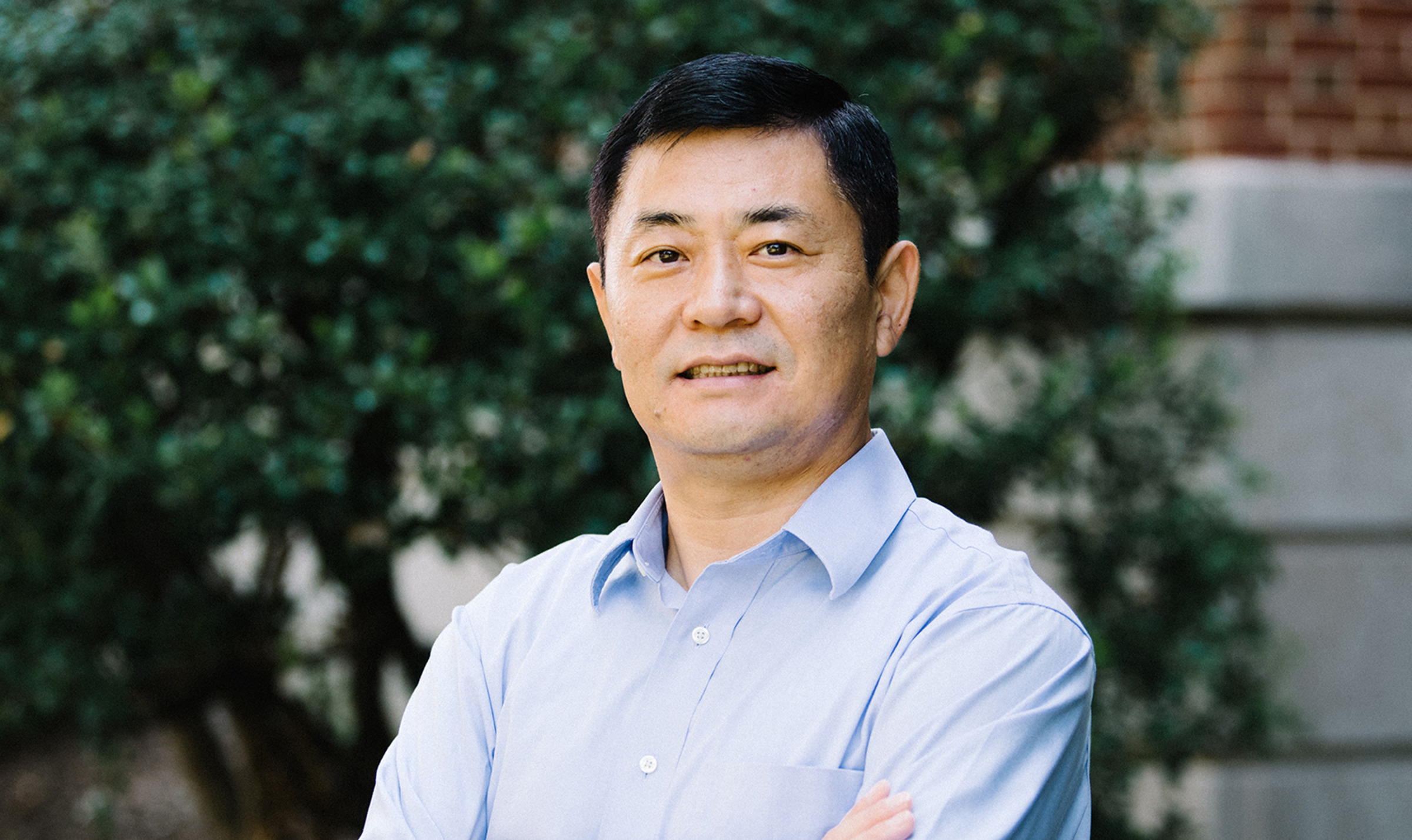Nianbo Dong, associate professor of quantitative methods at the School of Education, has won a $900,000 grant from the Institute of Education Sciences to pursue research that promises to lead to improved methods of conducting educational and other social science research.
The grant, one of eight awarded this year by the IES to support researchers seeking to develop improved research methods and statistical tools, will be used to establish new statistical benchmarks for interpreting the size of intervention effects and provide reference values of parameters for planning multilevel randomized experiments in studies on social and behavioral outcomes.
Dong’s previous work has been supported by more than $5 million in funding, with more than $2 million in support of research methodology research. Much of that support has come from grants from the IES and the National Science Foundation. He received an NSF Faculty Early Career award in 2017.
Dong joined Carolina’s School of Education in 2018. He was previously on faculty at the University of Missouri, where he was an assistant professor of statistics, measurement and evaluation in education and co-director of the Methodology Branch of the Missouri Prevention Center.
Dong’s research program has focused on the development and application of quantitative methods to important education research problems, such as evaluating the effects of teacher and principal professional development, early childhood education programs, and analysis of power in multi-level experimental designs.
As part of the earlier IES- and National Science Foundation-supported projects, Dong was a primary developer of the PowerUp! series software applications, which are used by social scientists to determine optimal sample sizes in studies to achieve specified meaningful main, moderation, and mediation effects.
The new IES project is expected to develop new statistical tools that will help researchers designing social science studies determine required sample sizes, such as the number of people to include in the study, to obtain meaningful effects of the interventions being examined. Also, Dong’s project is expected to develop new statistical benchmarks that may be used to interpret effect sizes in prevention science.
The IES asked for project proposals as part of the agency’s effort to develop new methodological and statistical tools and products that can be used by researchers with less sophisticated statistical skills to improve the design of studies, analysis of data and interpretations of findings.
More about Dong’s research may be found at the website https://www.causalevaluation.org/.
